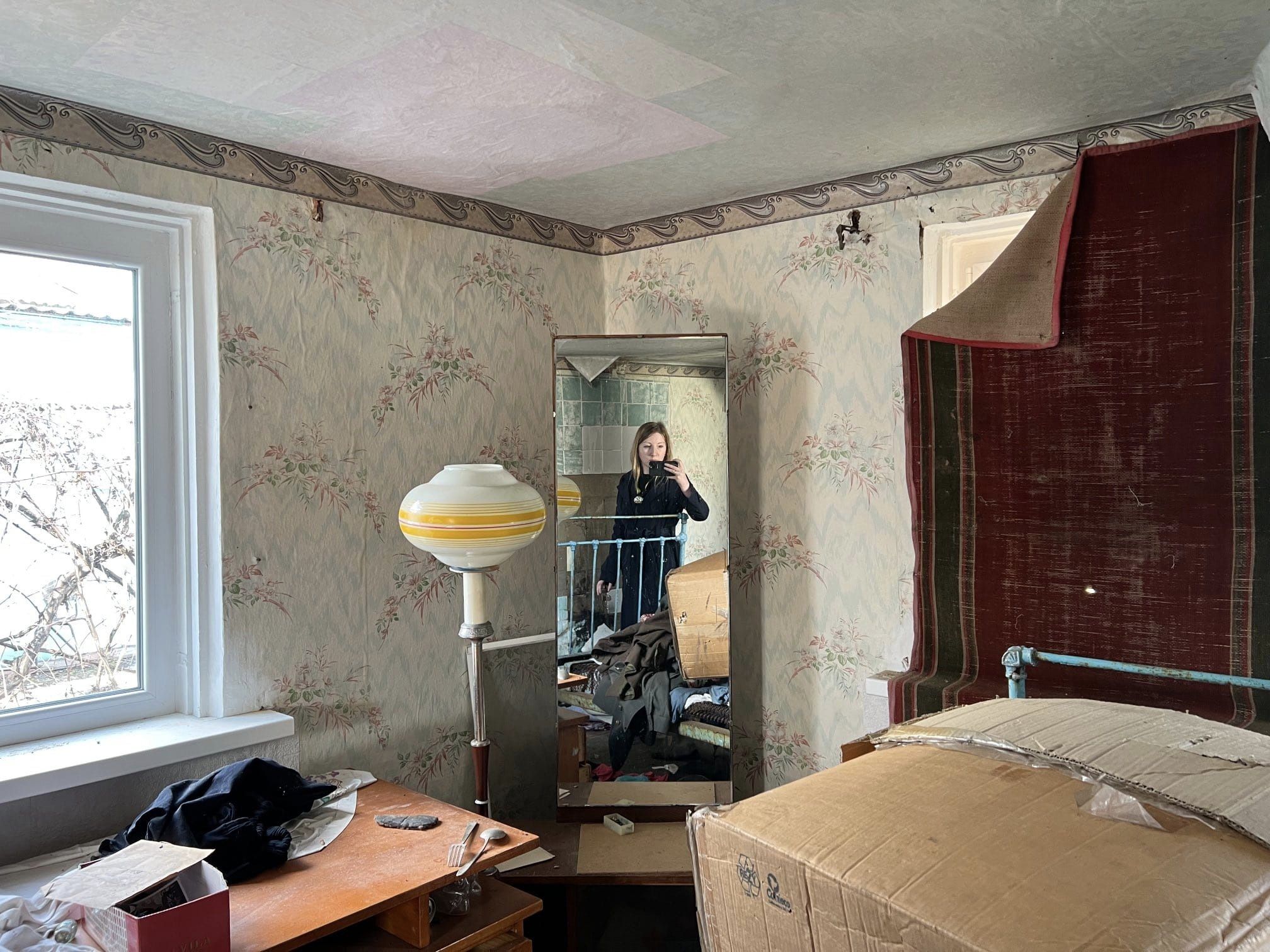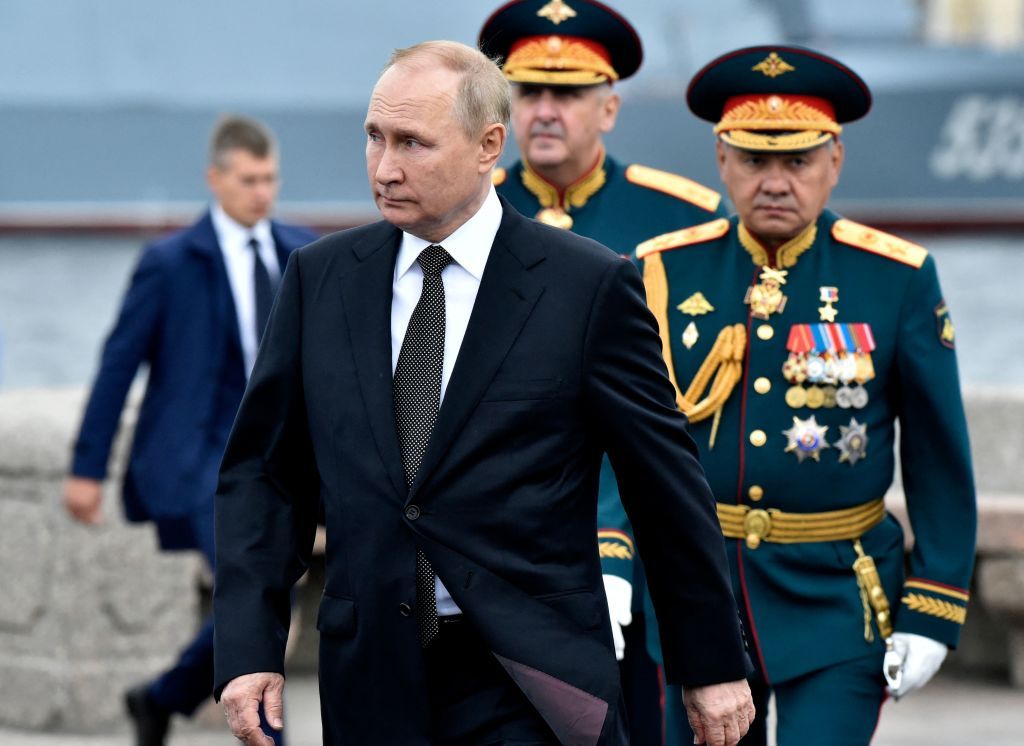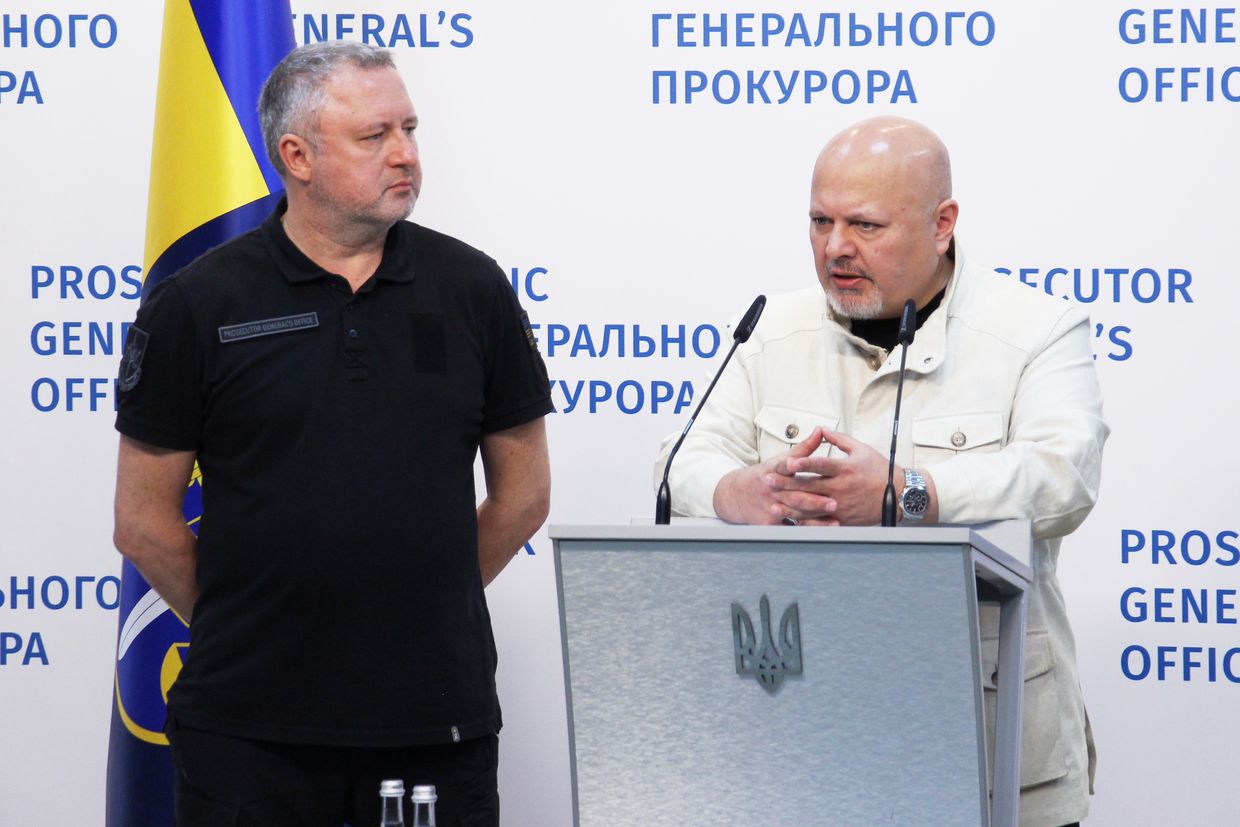Clooney Foundation for Justice brings alleged Russian crimes to German prosecutors
Over the past week, the Clooney Foundation for Justice (CFJ), a non-governmental organization founded by Amal and George Clooney, filed three cases with German federal prosecutors to investigate crimes committed by Russian forces in Ukraine.
Submitted on Oct. 26, the cases rely on absolute universal jurisdiction in Germany, which allows the country to open investigations for international crimes – including genocide, war crimes, and crimes against humanity – committed outside its borders.
The CFJ is representing 16 survivors and families of victims of three alleged crimes, including an indiscriminate missile attack on a resort in Odesa Oblast, executions in Kharkiv Oblast last year, and crimes against humanity in Kyiv Oblast during Russian occupation.
The Kharkiv Oblast case is filed jointly with Truth Hounds, a Ukrainian NGO investigating atrocities committed by Russian forces.
The foundation’s legal accountability initiative, The Docket, spent over a year building out the cases by relying on open-source intelligence, social media analysis, field investigations, and interviews with survivors.
Anya Neistat, The Docket’s legal director, said the CFJ’s first submission of legal cases about Ukraine aims to establish the pattern of violations and disregard for civilian casualties.
In going after the commanders of Russian forces accused of perpetrating these crimes, Neistat’s team wants to fill the gaps left by the top-level focus of the International Criminal Court (ICC) and over 100,000 investigations by Ukrainian prosecutors.
“(Establishing patterns of crimes) is something very important for us because this is what allows us to bring the responsibility all the way up to the commanders,” said Neistat in an interview with the Kyiv Independent.

If German authorities find the evidence convincing, they could open a criminal investigation and issue arrest warrants for the suspects among Russian commanders, which could be enforced outside Germany through the Europol and Interpol systems.
It will be up to German lawyer Natalie von Wistinghausen to lead the case through the system. With experience at the ICC and on special tribunals, she wants to “assist (the victims) in this really strong wish of achieving accountability.” She also calls for patience.
“We have to be sensible. We have to consider how complicated all of this is, and to know that we have to manage expectations, (including) our own,” von Wistinghausen told the Kyiv Independent, adding that the process is likely to take months.
If the German prosecutors do not find the evidence convincing enough for a separate investigation, they will likely include the submissions into the structural investigation of the war crimes in Ukraine, she said.
Efforts by German prosecutors have already yielded hundreds of pieces of evidence on war crimes as of this February.
The Docket’s team chose these cases amid other accounts to establish patterns of violations. This line of reasoning will be vital in proving the complicity of the mid-and high-level commanders of units perpetrating the alleged crimes, according to Neistat.
“When we're talking multiple villages that were occupied for … several weeks, or even months like it was in the Kharkiv region, we can show that the commanders who are in charge of these units absolutely would have known about what was happening there,” she said.
The team focused on command responsibility to prove that the leaders should have known what was happening and attempted to prevent it.
The move complements Ukraine’s efforts to seek accountability through close collaboration with international partners. The strategy leans on “working closely with the ICC, building robust interstate partnerships, and strengthening Ukraine’s national justice system,” Prosecutor General Andriy Kostin wrote on X, formerly Twitter, in September.
‘They just don’t care’
The search for patterns has been at the core of Neistat’s work for decades as she conducted over 60 investigations in conflict areas worldwide for various human rights organizations.
The alleged Russian violations in the war match the “blatant disregard for civilian lives” and widespread torture she witnessed in their actions in Chechnya and Georgia. “What is very clear is that they just don’t care,” Neistat said about the Russian attitude to civilian casualties.
The difference that stands out is the scale of the unprovoked act of aggression, which changes the legal calculus.
“If you start applying, for example, human rights law, you would immediately see that if the act of aggression takes place, every loss of life would be a violation of the right to life, regardless of whether it's civilians or military personnel, just because the aggression itself is a violation of international law and order,” said Neistat.
Ukraine has pushed to establish an international tribunal to charge Russia’s leadership for waging war. But competing visions for its design between policymakers, legal experts, and civil society, means it will take time to iron out how the top leaders can be held accountable for the crime of aggression.
As the discussions on the tribunal continue, CFJ has to rely on the existing international legal framework as it looks to fill the gaps with help from local partners.
Truth Hounds, who contributed to the case on alleged executions in Kharkiv Oblast, has been documenting and investigating international crimes since 2014 when Russia first invaded Ukraine’s eastern Donbas region and annexed Crimea.
Eight years of experience prepared the team for challenging field reporting, allowing its documenters to “get as close as possible to identifying and finding war criminals,” said its head of investigations Maryna Slobodianiuk to the Kyiv Independent.
Working with CFJ, Slobodianiuk wanted to help “unspeakably overwhelmed” Ukrainian prosecutors and use the legal pathways in other countries to seek responsibility for alleged crimes among Russian military leadership in Ukraine.
One of the field documenters who contributed significantly to the Kharkiv Oblast case did not get to witness her evidence submitted to the German prosecutors.
Celebrated Ukrainian writer Victoria Amelina, who became a war researcher with Truth Hounds after the full-sale invasion, died after receiving critical injuries from a Russian strike on Kramatorsk this summer.

A path forward
Germany’s experience in prosecuting war crimes and the existing structural investigation for Ukraine made it the first choice for CFJ. But The Docket plans to submit cases to other countries to capitalize on what Neistat called unprecedented momentum in seeking justice for Russian crimes after years of impunity.
“I do think partially … it's unavoidable that some of the international attention, some of the talk will slow down, and the world will move on,” said Nesitat.
“But so far, I think there are enough processes put in place that you cannot just undo,” she said adding that specific cases present “a very clear trigger for (countries) to act” on their commitments.
Expanding the geographical reach is also a practical consideration for Neistat as the team thinks about the power of the arrest warrants in Latin America, the Middle East, and Asia – regions that perpetrators may be more likely to visit than Europe.
The ICC has already issued two arrest warrants for Russian dictator Vladimir Putin and Maria Lvova-Belova, the Russian official allegedly overseeing the forced deportations of Ukrainian children to Russia.
Any country that is party to the Rome Statute, which establishes the ICC’s jurisdiction, is obligated to arrest Putin or Lvova-Belova if they visit the country.
U.S. Secretary of State Antony Blinken has called for Putin’s arrest if he visits any European ICC member state. German Justice Minister Marco Buschmann has said the country will have to arrest Putin if he visits and the ICC requests enforcement.
The U.S., Ukraine, and Russia are not among the 123 countries party to the Rome Statute.
The next question on Neistat’s mind is the feasibility of arresting Russian commanders, who keep a lower profile than Russian officials. The process boils down to tracing the movement of suspects to ensure they could be extradited if they travel outside Russia.
“What we're trying to do is make sure that there are enough arrest warrants against enough people,” said Neistat.













